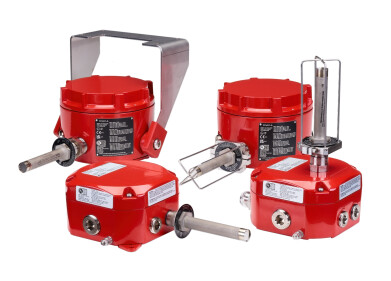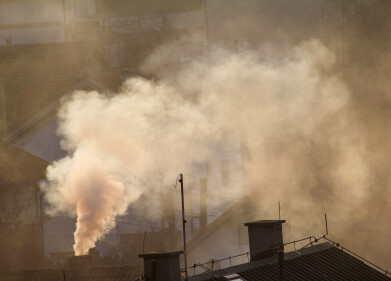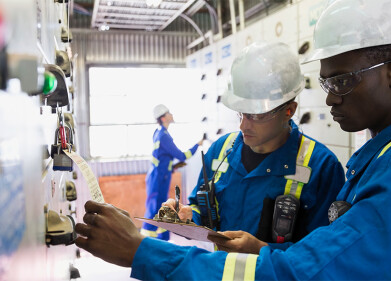Safety
Why is Nigeria Cutting Petrol Imports?
Mar 22 2017
Ranked as Africa’s largest oil producer, Nigeria is no stranger to crude. Now, Minister of State for Petroleum Resources Ibe Kachikwu has called for a total ban on petroleum product imports, effective immediately.
In a ministerial address at Abuja’s Nigeria Oil and Gas Conference, Kachikwu explained that the move is an essential part of reforming and repositioning the nation’s oil and gas industry. He criticised the government for its long-term practice of importing of finished petroleum products, and urged the Nigerian National Petroleum Corporation (NNPC) to roll out a total petroleum products importation ban between 2018 and 2019.
“Importation of petroleum products will have to cease,” he stressed. “There’s absolutely no reason why a country with the resources that we have will continue to import petroleum products. It is a shame on this country, it is a fraud on the system and we are going to end it.”
Protecting the national oil and gas economy
He went on to admit that while refineries aren’t performing to capacity, Nigeria is “committed to the 2018/2019 template, because it is something we have to do.” Without it, he warns that by the first quarter of 2020 the Dangote Group will flex its muscles. If this happens, he claims that Nigeria will be left with “scrappy” refineries, with minimal potential.
“Therefore, there’s the urgency of now to end importation,” he explains.
Vandalism drags down Nigerian efficiency
Kachikwu is confident, but he also admits that there are major challenges to overcome. If Nigeria places a total ban on petroleum product imports, its national refineries will have to up production. This won’t be easy, as over the past few years vandalism has emerged as a major obstacle for the country’s upstream oil and gas industry.
“Our crude oil export pipeline system namely, Trans Forcados to the west, the Obangbiri-TemiDaba-Brass in central Niger Delta, the Nembe creek trunk line and the Trans-Niger pipeline, which evacuates crude produced onshore to export terminals, were subject to severe vandalism,” says Kachikwu. “Similarly, the Bonny-Port Harcourt crude oil pipeline and the Escravos-Warri-Kaduna crude oil supply pipelines were not spared.”
He slammed the vandals, and accused them of dragging Nigeria’s production down to an all-time-low of 1.3 million barrels per day per day in 2016. So, before Nigeria can veto petroleum product imports it will have to address its vandalism issues, and ensure that refineries can operate at full capacity.
As well as vandalism, safety is also an ever-present major concern for Nigerian oil producers. For more information on the latest safety inspired technologies, ‘Photodiode-Driven Infrared Sensors: Shining New Light on LEL Gas Measurement for Oil and Gas and Confined Space Entry Applications’ offers an insightful comparison of the two main sensor technologies used for detecting explosive gases - catalytic bead and infrared.
Digital Edition
PIN 25.5 Oct/Nov 2024
November 2024
Analytical Instrumentation - Picturing Viscosity – How Can a Viscometer or a Rheometer Benefit You? - Sustainable Grease Formulations: Evaluating Key Performance Parameters and Testing Method...
View all digital editions
Events
Nov 26 2024 Paris, France
Nov 26 2024 Amsterdam, Netherlands
Nov 27 2024 Istanbul, Turkey
Biogas Convention & Trade Fair 2024
Nov 27 2024 Hanover, Germany
Dec 03 2024 Dusseldorf, Germany



















